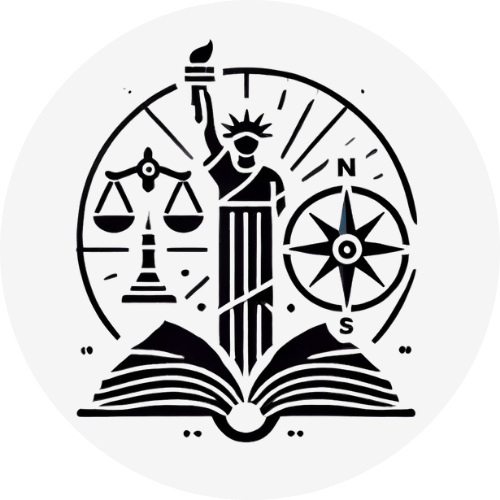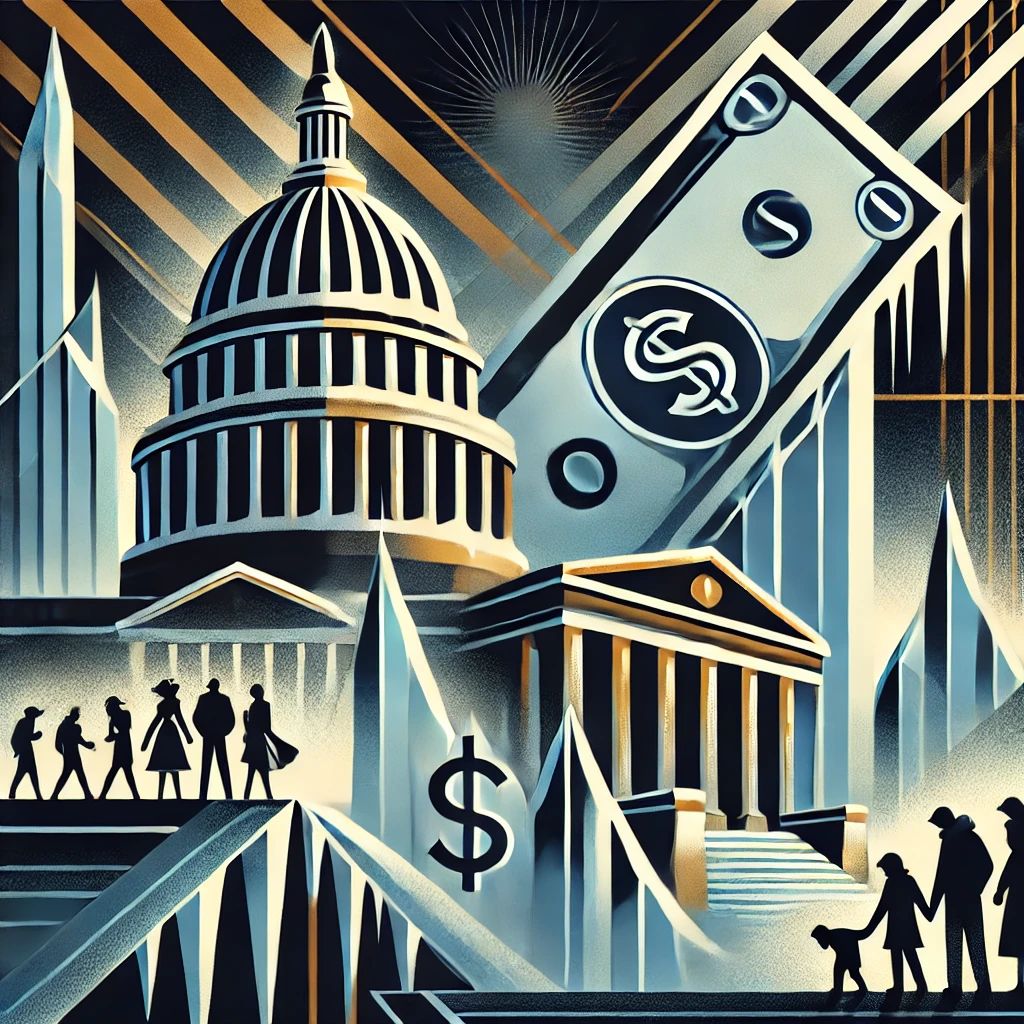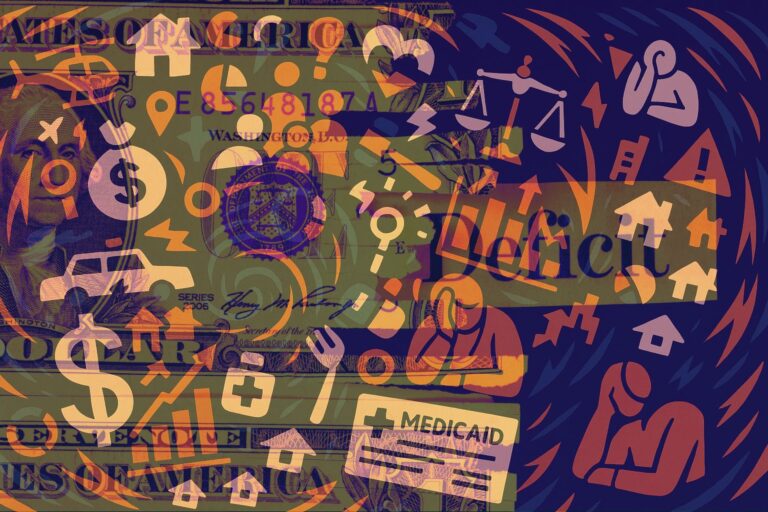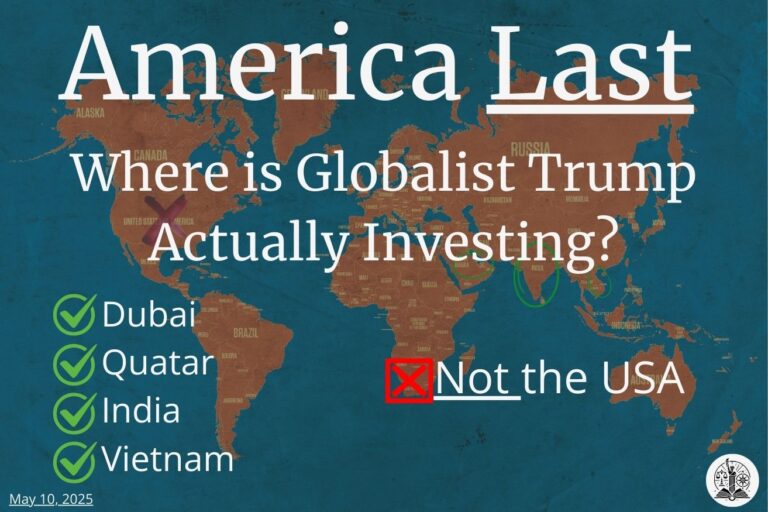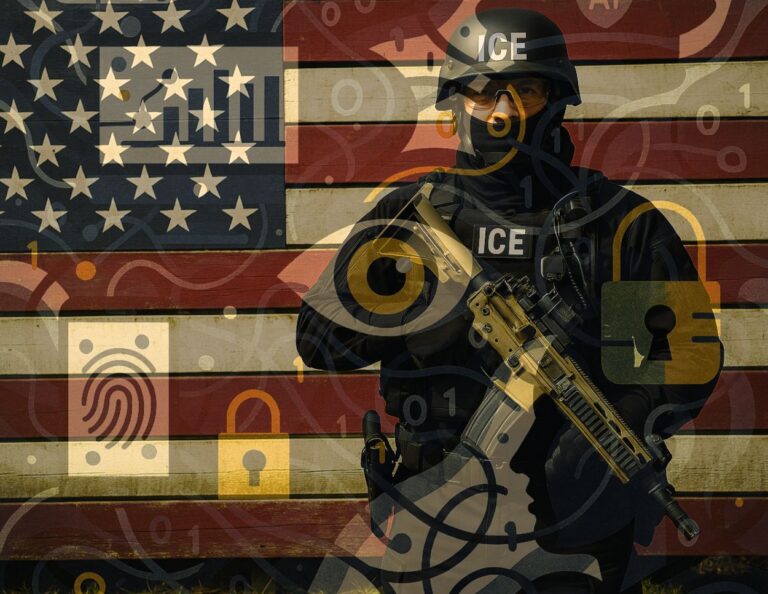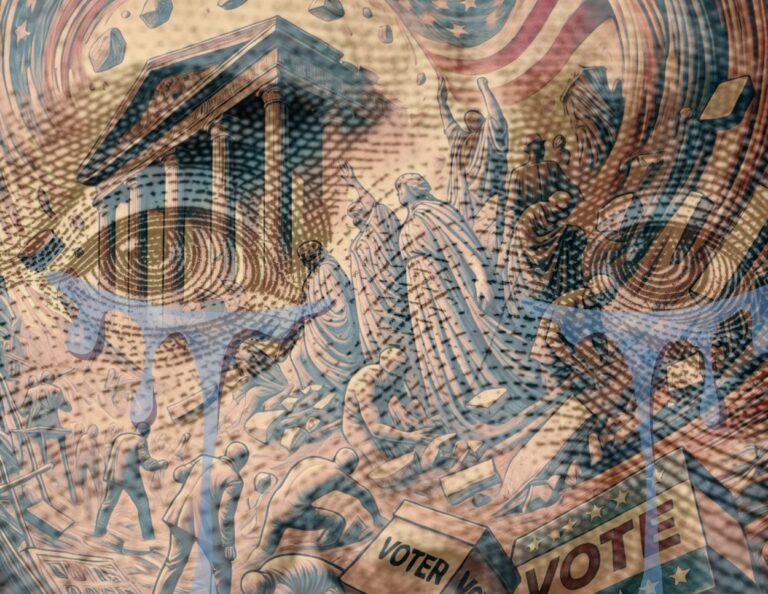Federal Funding Freeze: What You Need to Know
Note – this was initially a post on Facebook, copied and reformatted to this website.
Overview
On January 28, 2025, at 5 PM, the Trump administration paused federal funding for certain programs. While this primarily impacts grants and loans, the broader effects could be significant since federal funding supports many services. The situation is evolving, and more details are emerging.
1. What’s Affected?
The funding freeze halts financial support for a variety of programs, including:
- Education and research
- Nonprofits and state programs
- Food programs, housing aid, and loans
Government agencies have until February 10 to submit reports on the impact of this freeze, after which further changes may occur.
2. What’s Not Affected? (Sort of)
The memo states that Social Security and Medicare are not included in the freeze, along with other assistance provided directly to individuals.
However, many state and local programs rely on federal funding, meaning services like housing, food assistance, and childcare may still experience disruptions.
3. Is This Legal?
The legality of this action is questionable:
- Congress already approved these funds.
- The Impoundment Control Act of 1974 prohibits the President from withholding funding without congressional approval.
- The administration claims compliance with legal statutes.
- Legal experts argue the freeze violates federal law.
- Courts will likely determine the outcome, and the case could reach the Supreme Court.
4. Is the Administration Overstepping Its Authority?
Some of the funding is legally required to be spent, meaning the President may lack the power to stop it. If this is the case, the freeze could further escalate legal challenges.
5. Lawsuits Are Already Being Filed
Multiple lawsuits have been initiated, including one from New York Attorney General Letitia James, who is seeking a court injunction to block the freeze due to its immediate harm to essential services.
6. Programs That Could Be Affected
While the full impact remains uncertain, the following programs could face funding delays or suspension until at least February 10, unless a court intervenes:
- Title I education funding (for low-income schools)
- SNAP and WIC (food assistance programs)
- Pell Grants (college financial aid)
7. What Happens Next?
This situation is fluid, with possible outcomes including:
- A court ruling could block the freeze, restoring funding before February 10.
- If courts uphold the freeze, delays may extend beyond February 10 and could become permanent.
8. What Can You Do?
- Stay informed – Follow news updates and track court decisions.
- Speak up – Contact state leaders and advocacy groups challenging the freeze.
- Support your community – Local resources may need assistance to continue operating.
This decision creates uncertainty and disruption, but sharing factual, reality-based information and staying engaged as a community will be critical in the coming days.
